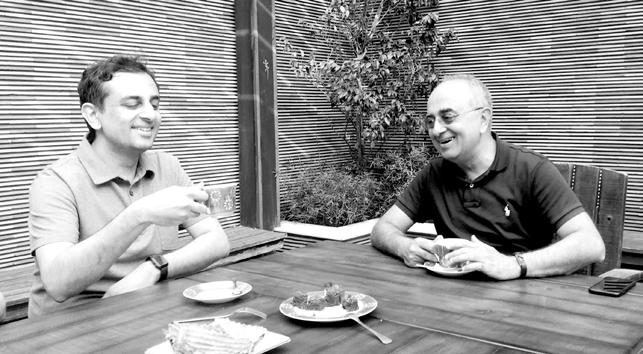
8 minute read
IN CONVERSATION WITH SHAYAN ABDULLAH —
The story of Neela Denim, from its deep historical roots in the cotton industry to forging new standards in Sustainability.

Advertisement
1. What’s makes Neela Denim stand out from the rest?
The thing that separates Neela from the rest is that we are one of the only denim fabric mills in the world that have been LEED Gold Certified. There are a few Gold and Platinum certified, but they are not weaving fabric, most are garment factories as they are easier to get certified.

2. We hear that the Neela plant is one of the ‘Greenest Mills Ever Created’ can you tell us more about it?
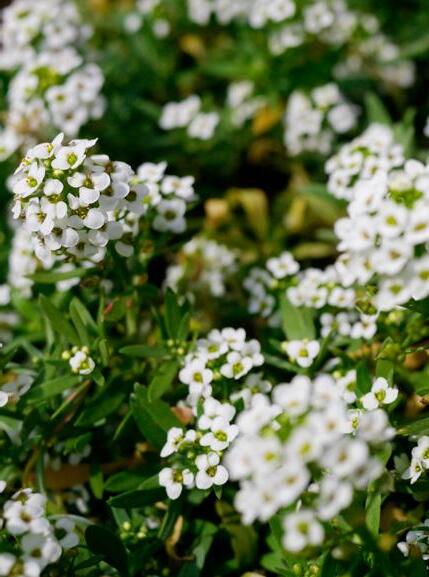
The driving force when setting up Neela was to create a model unit that stands out, almost like a benchmark for other mills. We looked at sustainability because we saw that it is always going to be an important area going forward. Especially since there are concerns that there will be water shortages in Pakistan by 2020 according to a World Bank Report. So looking at these concerns, we planned things accordingly.
The benchmark of good sustainability 10 years ago has changed to what it is now, and these standards are likely to be different again in another 10 years. In the future people will have higher expectations as to what good sustainability is, so we have to be flexible, we need to be able to make further improvements in the next phase, such as having provisions now to add water recycling mechanisms in the future at our Efficient Treatment Plant (ETP). We can’t sit back and say ‘today I am very sustainable’ and stop there, it’s an ongoing project. Good farmers have to continually evolve things, that’s also something very important.
Personally, I believe in getting to know the people you work with, and have tried my level best to instill a sense of belonging and equality amongst everyone in the business. Respect is at the core of our organisational culture, irrespective of company rank or positioning, everyone’s ideas are heard and treated equally.
Maybe people don’t always realise that small details make a very big difference. It reflects in the quality of the job that they do and effects the quality of the fabric too.
At Neela we also implement a strict no smoking policy, and one of the first concepts was to introduce ‘Neela Bikes’! So that team members can bike from one location to the next within the plant compound, instilling good health and exercise.
“…We can’t sit back and say ‘today I am very sustainable’ and stop there, it’s an ongoing project…”
The building it self is very well planned, it’s airy and has lots of natural light beaming in. We have carefully considered all aspects of our business, even the working environment such to cater to the needs of our employees by inclusion of common rooms, football and cricket fields, badminton courts, and cafeterias. Neela has also set up an annual cricket tournament for all staff and management to participate in, in order to encourage internal team bonding and boost morale. Following a horizontally integrated organisational structure, our employees are at the heart of our operations, and we try to make sure they are always comfortable in their working environments, which in turn improves the quality of work.
4. Tell us more about your mission to use less energy.
The Neela plant was designed and planned in collaboration with specialists in their fields of machinery, technology, new ways of working, electrical equipment, mechanical engineering, so many things that one wouldn’t think about before. We have also designed our own electrical network in a very efficient way, small things for example, there is a new technology of transformers that distribute energy, ‘dry type transformers’, the saving of energy on a ‘dry type’ vs ‘oil immersed’ transformer its about 50%. We have tried to make the plant very efficient in terms of energy, in some of the buildings we have a lot of natural light and big windows. We did this so that we don’t need to turn any lights on until it gets dark. It sounds simple, but for other mills it’s normal to use artificial lighting 24 hours a day.
5. Have you cultivated the land surrounding the mill?
We are fortunate with thriving greenery in Pakistan, if you visit our other older Sapphire plants, people have put a lot of energy in over the years to enrich the land. Our ETP Plant, is pure biological / organic, for the sole reason that its more environmentally friendly to have a biological plant opposed to a chemical plant. With the logic that if you are going to put up a new plant you must adopt new technology, not just in terms of cost of efficiently, but also in terms of sustainability.
The land that the Neela plant is built on was once empty, dry/arid land. So we planted wheat and vegetables, to make sure we are not wasting the land. We have brought life back into it and now we eat off the land, much of the produce is used for cooking in the factory canteen.
6. How do you value your workers?
The workers aspect is very key; In this part of the world people generally tend to underestimate the value of their workers, unfortunately this is prevalent in a lot of companies. We don’t agree with this philosophy; we believe in taking care of our workers, treating people with respect. Bullying is absolutely not tolerated here, we train each person and we invest in their futures not just as employees but as people giving them space to aspire to go up the employment ladder, this ethos is very important to us as a group.
From day one we wanted to create commonality between management and the workers, at the end of the day, most of the work is being done by them as the fabric is being handled by the workers, management is just there to guide them, or train them. So if you visit our plant you will see that level of quality, and we have a lunch room in the plant where it is used by both management and the workers.
7. How important is it to you, to bring in young people into the Neela family?
In all of our businesses we try to grow our own talent. At the start of the Neela project our goal was to hire an influx of young talent that we could train from the ground up, as they are the ones who would eventually take the reigns. We want to have our own unique culture when it comes to nurturing talent, and there are very few companies in Pakistan that have this kind of relationship with their workers, and that’s why this method makes a big difference. For example if we believe that there is a ‘high potential’ worker, with the possibility of turning into a management role, we should guide them. Everyone has aspirations, its our job to identify that talent, and nurture their progress.
8. The Sapphire Group has been instrumental in cotton spinning in the Indian subcontinent since the early 90’s can you tell us more about this?
For the longest time, a lot of the established denim mills in Karachi didn’t do their own spinning which was not as big in Pakistan as it is today. So back in the 90’s people had very few options.
The team in our spinning division worked very closely with the denim mills at the time. Denim was a new sector for everyone. Yarn plays such a key role in determining the aesthetics of the fabric, the quality of the cotton and the consistency. For the longest time we supplied yarn to all these mills and we were instrumental in their growth.
Being able to supply something that was not readily available in Pakistan in that era, helped establish our expertise. We learnt a lot, then we went on to supply yarns to others parts of the world. Today we still sell huge quantities of denim yarn to Bangladesh, India, China and have close connections to some mills in Japan and Thailand.
9. What made you decide to make your own denim fabric?
It was a strategy that we want to be closer to our customers. Being in yarn manufacturing, our technical people have a knack of being innovative and trying new things. That’s why still today despite a lot of mills having their own spinning units, they still buy a lot of unique products from us.
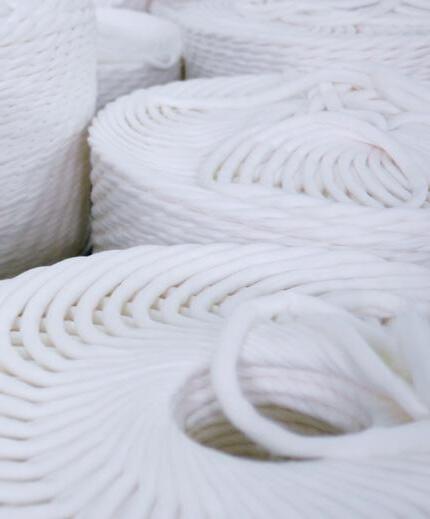
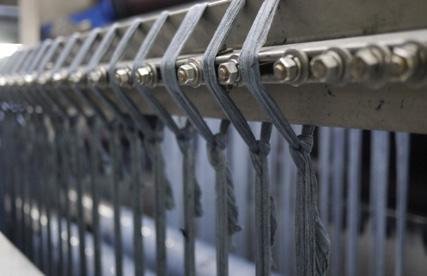
One of the challenges was that we were still far away from the end consumer, we had little communication with brands and that was a challenge for us. Being quite innovative with spinning and getting into fabric to some extent closes that gap, where you are interacting directly with brands and retailers by going to fairs like Kingpins and as a result you can have your R+D more focused.
10. The Neela plant must have been a huge project to undertake, what measures did you take to plan this project?
One of things how we work, in our group is that we strongly believe in planning things well, then executing them. The Planning is done only once in a life time, whether that’s this business,
“… Everyone has aspirations, its our job to identify that talent, and nurture their progress… ” an energy business, whichever business it is. The planning stage took almost a year. We hired experts to guide us on what kind of machines we should have, what kind of layout should we have etc.
11. Was the plot of land always earmarked for an eco plant?
We already had the space to build the Neela Denim plant, it was built with technical know-how from the Japanese. There are a lot of denim plants built in Pakistan but the ones that stand out are the ones that are well planned and well thought out, these projects are not here for a few years, they are here for a life time. The Japanese team that we hired came here and advised on the machinery, the layout and trained our staff.
12. Old Vs. New Machinery:
At Sapphire in some of our mills we still use very old machines. Most would discard old machinery and invest in the latest on the market, but we on the other hand never disposed of those machines. We found that the old machines are slow, and that with some processes the more gradually and slower or gently you handle the material the better the quality you get. And that’s why we never replaced them and still use them to this day. Over generations carding machines have become about efficiency, speed, they are very fast, they have a production of 100,000kg per hour, but it’s at a cost of some quality and the ability to handle things gently, so that’s why we kept the old machines which are still in operation. We have tried to replicate production in our other mills, but we have never been able to do so on newer carding machines.
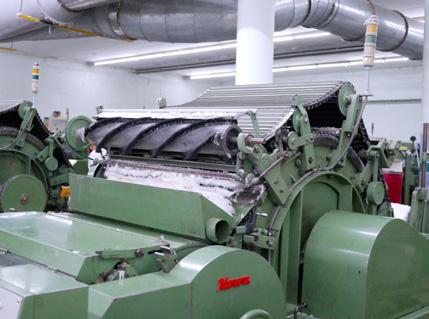
13. Why did you opt for more dobby looms?
We designed the plant to be flexible and have no internal limitations from day one. Fashion is changing a lot, fancy weaves in terms of the number of ends or the density of the fabric, whether it’s light weight or heavy weight, that’s one of the reasons we bought dobby looms.
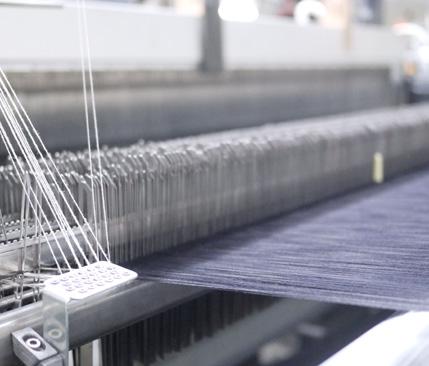
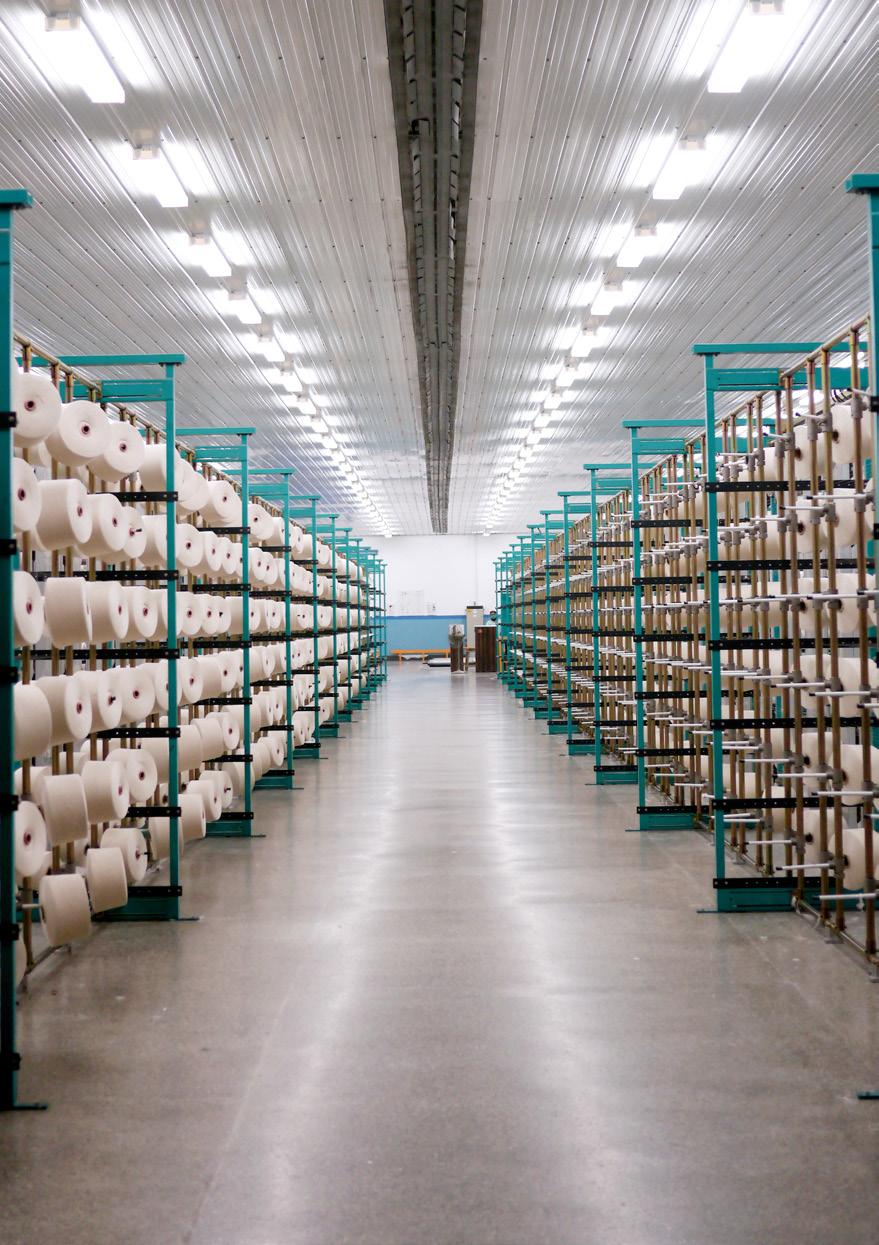
14. In terms of innovation, what are your goals?
Selvedge denim is something we definitely want to explore in the near future. I believe authentic denim will always stay in fashion, and if we are able to do core product well, it will always do well and always have a place, the same way certain people value Japanese fabric. The Japanese philosphy of doing one thing, and doing that one thing well rings true with us too. It’s not that they have to make a lot of noise about what they are doing. And I want the same thing to happen here. I want the product to speak for itself.
15. What goals do you want to try and achieve in the next 10 years?
We want to grow this business organically, we don’t want to grow very aggressively, we want to develop the same reputation for our spinning, and for us to find a way to enrich lives, again creating employment – if the company flourishes, employees should benefit. The idea is to create enrichment not just for the plant but for the surrounding area also.
“…We found that the old machines are slow, and that with some processes the more gradually and slower or gently you handle the material the better the quality you get…”



